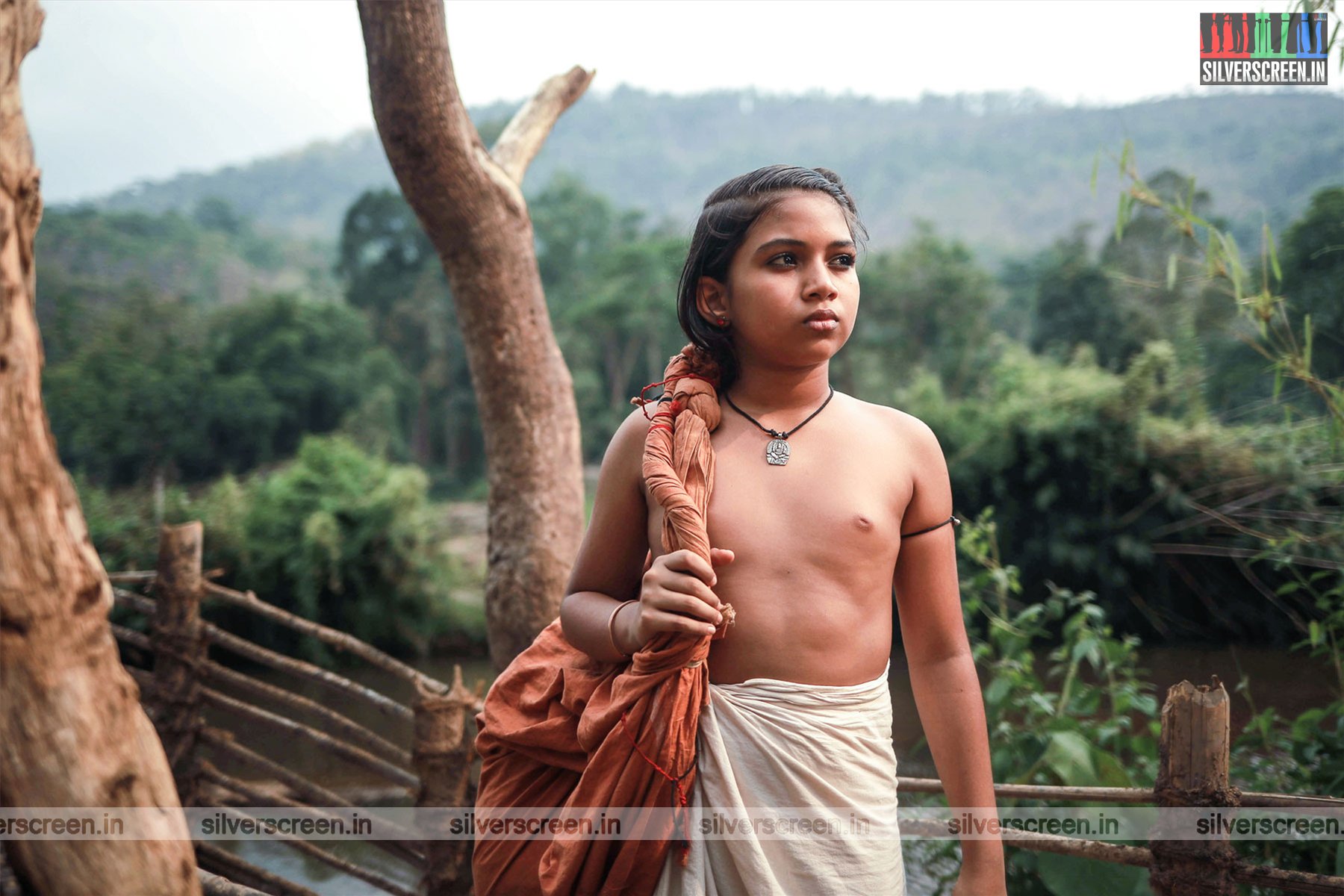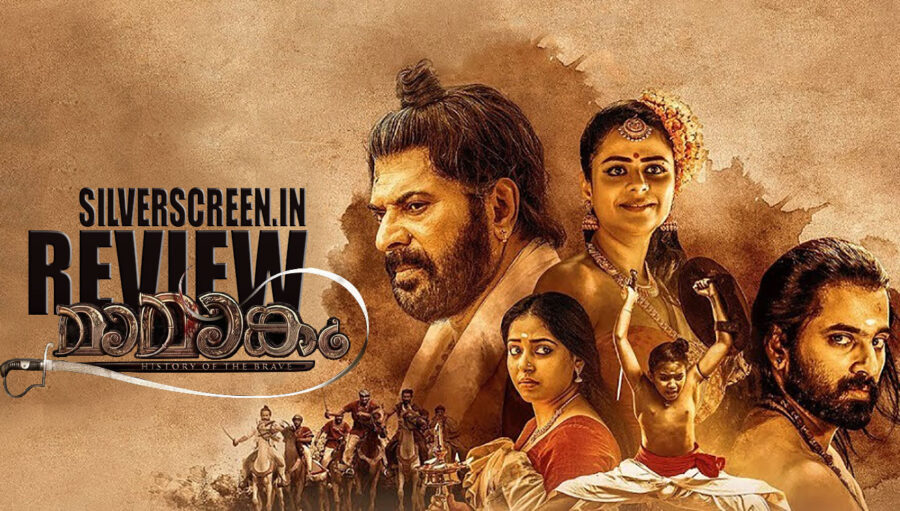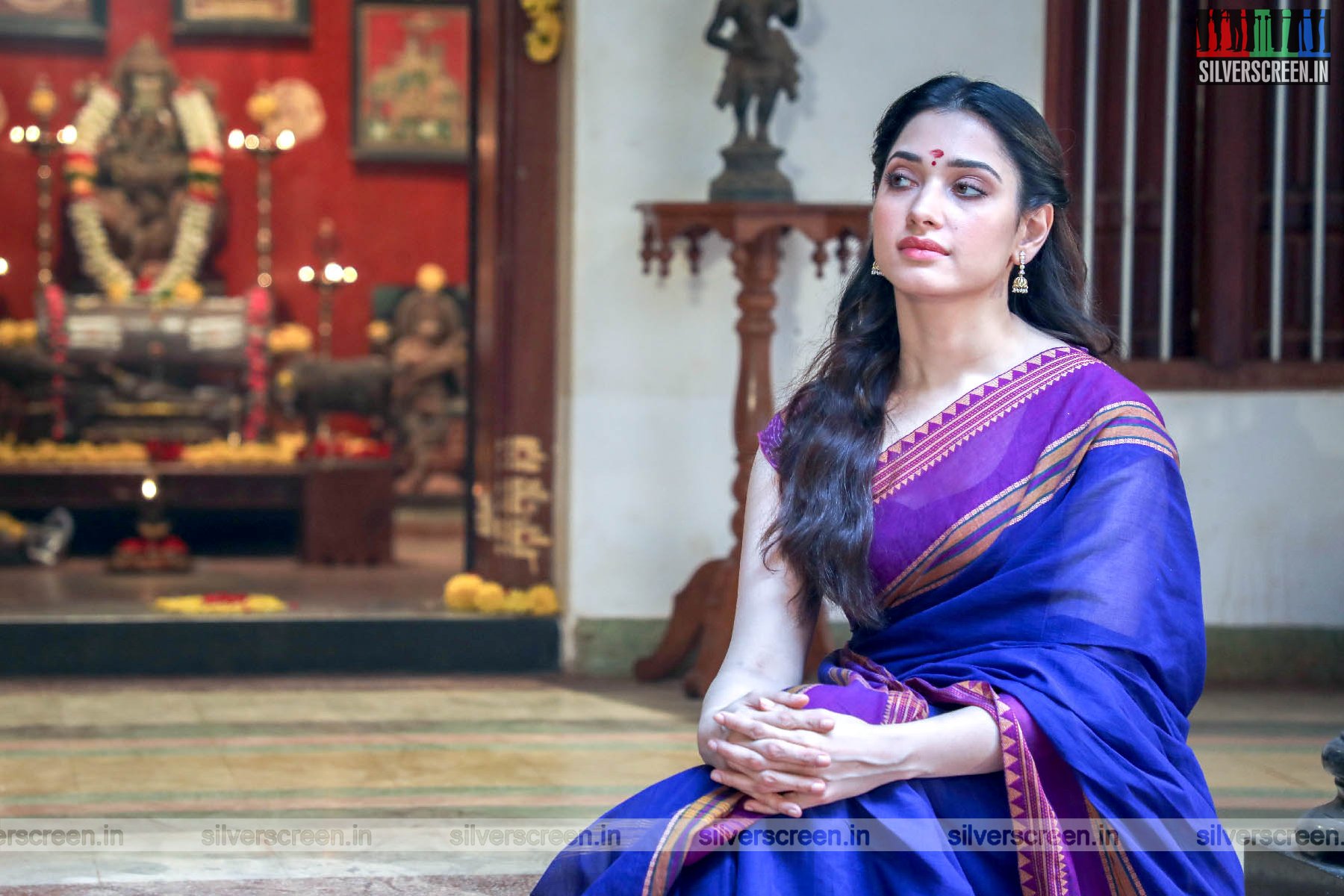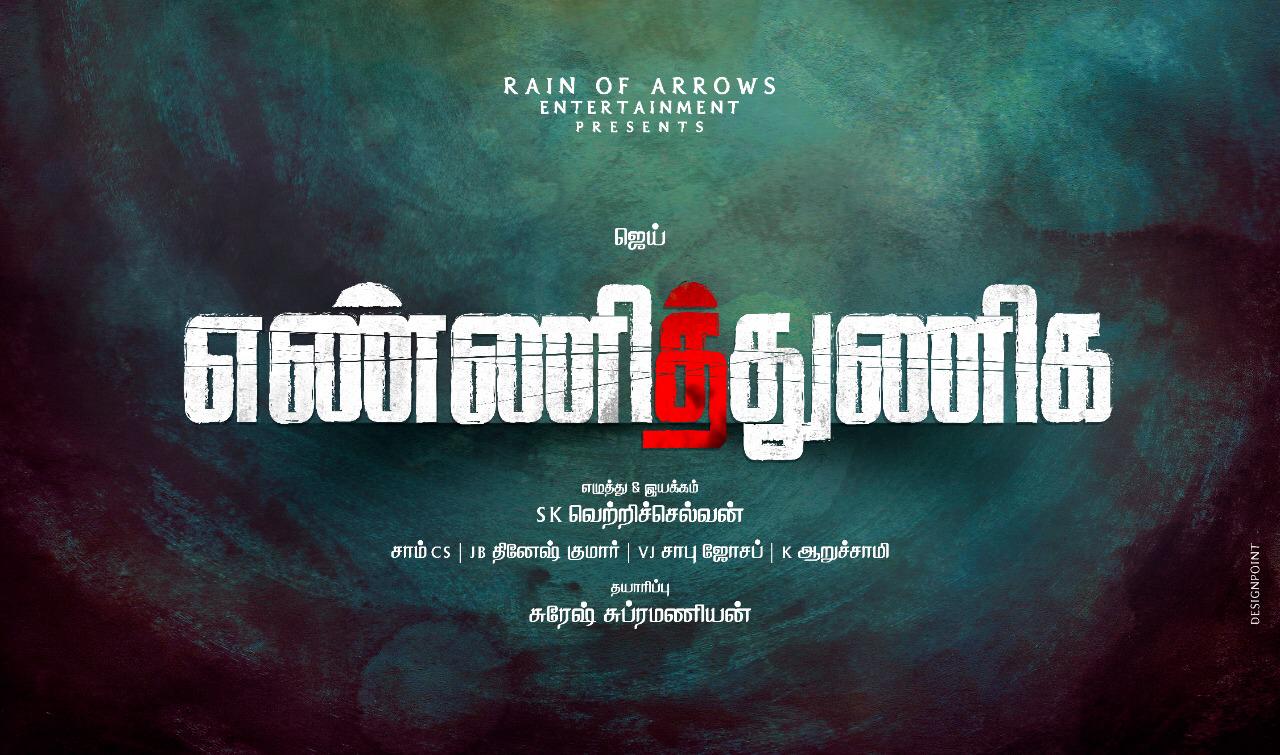Director: M Padmakumar
Cast: Mammootty, Kaniha, Unni Mukundan, Prachi Tehlan
Spoiler Alert
The opening sequence of Mamangam doesn’t follow all the codes of a traditional Indian epic period film. The frenzy and pomp in the moment of hero-introduction is lower than the industry standards for a superstar movie. The thrust isn’t only on the valour and invincibility of the hero, Chandroth Panikker (Mammootty), a Samurai-like warrior, but also on the qualities that make him human – vulnerability and fear.
The plot is set around the tradition of Mamangam, an 18th century carnival held on the banks of Nila river once in 12 years. After the Zamorin King captured the region and started patronising Mamangam, the rebel state of Valluvanadu started sending a suicide squad, known as Chaver, to Mamangam to kill the king, whom they looked at as an usurper, and mark their dissent against his rule. The tradition forbids a chaver from fleeing the battleground or surrendering.
In the opening scene, Panikker and his squad are fighting an army of many thousands of Zamorin’s men. In the middle of the bloodbath, he suddenly finds himself caught in a moment. He pauses and looks around to see his co-fighters falling dead. A chill spreads on his face. In spite of the underwhelming CG work and the mediocre filmmaking, this moment of reflection strikes a chord.
In hindsight, this moment defines the film. A warrior, destined to die on the battlefield, breaks the traditional barricades and chooses life over death. The battles at Mamangam resemble in essence the Hunger Games where the sight of men fighting and killing one another becomes a spectacle for a crowd to watch and cheer. The Zamorin and his officials watch the fight from a platform. Mamangam doesn’t romanticise this bloodshed or the tradition that blindfolds a warrior and walks him to death, but looks at this medieval-era tradition through the eyes of a set of people who quietly rebelled against it.
Panikker’s action perplexes and antagonises his people who writes him off as a traitor. When the narrative shifts to three decades down the line, we see his nephew (Unni Mukundan) and grand-nephew (Achuthan) set out from their ancestral home to fight another Mamangam.
Instead of creating drama in a scene through camera movements, mise en scene and interaction between characters, director Padmakumar goes for overtly theatrical dialogues, slow-motion shots and a misplaced song. As a result, the gloom in the household when the warriors bid adieu looks theatrical and soulless. There is no intricacy. Unlike in a Bhansali movie where melodrama is a natural part of the setting, here, the actors, cinematographer or even the director stare blank wondering how to handle melodrama.
But the narrative construct – the order of events – is interesting. The film picks each character and leaves him/her on a cliff-hanger. The ends are tied together slowly and steadily. Siddique plays Nair, Zamorin’s detective, a Hans Landa kind of figure who is callous and shrewd. He arrives at a high-end brothel run by Unni Maya (Prachi Tehlan) to investigate the murder of an Arab trader, an official guest of Zamorin. The members of the brothel make confessions on who did the murder, and one by one, the detective breaks the back of each story, to find clues to the real killer.
Panikker is reintroduced into the narrative, this time as a person diagonally opposite to his earlier avatar, breaking the gender lines. It’s impressive that the effeminate nature of Panikker and his association with the brother aren’t used in the script to evoke laughter or just as a cover-up to his real identity, but to indicate his liberation from the shackles of a primitive tradition.
In instances like this you might wish this film had at its helm someone better, whose sense of aesthetics is better than zooming into the bare belly and chest of a character because she is playing a prostitute. In the scenes set inside the brothel, the camera has an unsettling perverted gaze, although the screenplay imagines Unni Maya and her colleagues as people with immense courage and kindness.

Mamangam has a text that is founded more on essential questions on life and death than on crowd-pulling moments. Yet, the scenes where Achuthan steps forward and challenges soldiers many times his size to fight have a natural whistle-worthy quality. He is an Arya Stark in the scheme of things here, who decides to fight because he believes it is his destiny. The child actor is brilliantly organic on screen. When he is with Panikker, the premature aloofness on his face melts and his vulnerable self starts to show. Moreover, the actor is fantastic in stunt sequences.
The contrast between the older and younger generation actors in scenes of melodrama is striking. While Mammootty, Kaviyoor Ponnamma and Valsala Menon handle the theatre-tinged dialogues smoothly, actors like Unni Mukundan and Kaniha fumble. They are unable to decide how to handle scenes where they have to shed their urban self and transform themselves into characters who speak and behave with a hint of ceremoniousness. Mammootty, one of the best voice-actors Malayalam cinema has ever had, single-handedly redeems a shabbily shot scene where he pours his heart out to his nephew. He is excellent as the old wise Yojimbo who has learnt to look beyond the thrills of violence.
Recommended
There is a sheer lack of ‘cinema’ in Mamangam. At a time when the audience are fed with an overdose of period soap-operas on television, an epic period drama with a stellar cast and an interesting screenplay should at least bring aboard the sense of an epic sweep. Manoj Pillai’s cinematography is lazy, overtly reliant on backlights and cinematographic cliches. The two post-climactic scenes, which conspicuously look like afterthought, do serious damage to the film. The film ends up as an utterly disappointing watch, not because it’s an entirely bad movie, but because the gap between what this concept and resources could have built into and what we see on the screen is staggering.
This review is a Silverscreen original article. It was not paid for or commissioned by anyone associated with the film. Silverscreen.in and its writers do not have any commercial relationship with movies that are reviewed on the site



